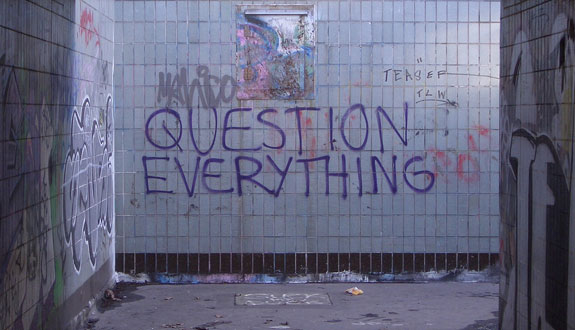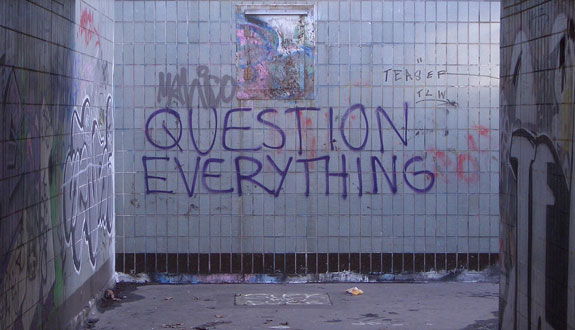Is law school your way to #resist?
- by
- Feb 24, 2017
- Law School, News
- Reviewed by: Matt Riley


Do your job! Do your job!
You think you want to go to law school to fight the Tangerine Voldemort in court?
Maybe you were inspired by the stories of lawyers camping out at the JFK International McDonalds trying to get immigrants, international students, and refugees out of detention? Or was it the judges who struck down Trump’s travel ban? What about Mexican-American judge in the Trump University case?
Though Trump has his critics in Congress—from both sides of the aisle—, the media, the international community, and pretty much everywhere in between, lawyers have taken a central role in the opposition to President Trump. I wouldn’t be surprised if personal statements this admissions cycle are heavy on the Trump references.
So is it a good idea to go to law school because you’ve been inspired—in a way—by Trump? This is about as good a reason I’ve heard. But here’s what you need to know.
1. Your commitment to public interest law may change.
First, there are very few 3Ls who are on their way to do exactly what they wanted to do before coming to law school. The ones that are, had significant work experience before law school that allowed them to figured out what they really wanted to do.
A lot of public interest minded people will end up going to big firms, and a lot of people who wanted to work at big law firms will end up going into public interest or government work. Law firms will make a good pitch to people who are interested in doing some good by hyping up their pro bono programs. Government offices may appeal to people who realize just how hard biglaw lawyers work and that it’s not for them.
Whatever the reasons, the point is, what you think you want to do will change over the course of your three years at law school.
2. You need relevant work experience to tell a credible public interest story.
Don’t assume that espousing a strong interest in social justice work will help you get into law school. It might actually do the opposite. If you talk a big game in your personal statement, but you have nothing on your resume to back it up, you may come off as insincere.
3. Public interest law takes a lot of commitment.
Legal hiring is very rigid. If you want to work in biglaw, you will almost certainly need to get an offer after your first summer—that’s at the beginning of your 2L year. If you don’t, you will have a much harder time (close to impossible) of getting an offer later.
If you want to go the public interest route, you will need to work for years (a decade?) before your loans are paid off through an LRAP program or forgiven by the government. The trick is, if you start in public interest law after law school, you will almost certainly never work at a big firm. Moreover, your LRAP program will probably require you to keep working in public interest legal jobs, even if you figure out it’s really not for you.
So you have to be very sure you want to pursue a career in public interest law, because your opportunity cost may be very high.
4. Don’t lock yourself in early, if you’re not sure
A more conservative approach to a public interest career I’ve seen some students take is to go through the on-campus interview process and get a biglaw offer first anyway. Law firms have to keep your offer open late into 3L year if you tell them you’re considering a public interest career. My feeling is that most firms would keep your offer open anyway, so don’t be shy. This will give you some flexibility and time to decide if a public interest law career is really for you.
5. Take advantage of experiential learning opportunities
Here’s my final piece of advice. There will be loads of experiential learning opportunities at your law school. Check out this list of externships at Columbia, for example. You may also get a chance to do some pro bono work at your summer associateship, if things are slow, or your firm thinks it’s important to show off their pro bono work. Take advantage of these opportunities. You may think you know what it’s like to do a certain job, but you really have no idea unless you’ve had some actual experience with the work.
Good luck!
Search the Blog

Free LSAT Practice Account
Sign up for a free Blueprint LSAT account and get access to a free trial of the Self-Paced Course and a free practice LSAT with a detailed score report, mind-blowing analytics, and explanatory videos.
Learn More
Popular Posts
-
logic games Game Over: LSAC Says Farewell to Logic Games
-
General LSAT Advice How to Get a 180 on the LSAT
-
Entertainment Revisiting Elle's LSAT Journey from Legally Blonde








